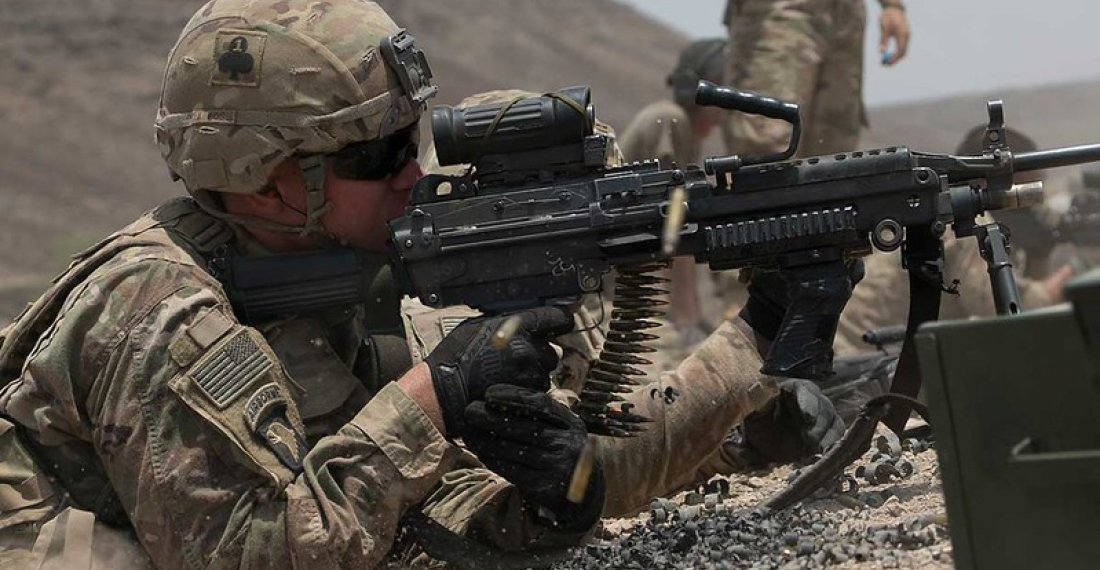The French and American presidents, Emmanuel Macron and Joe Biden, on Wednesday (22 September), discussed the crisis caused by the breach of the contract on Australian submarines. To ease tensions, the US indicated in a joint press release with the Élysée Palace, "that they are committed to strengthening their support for counterterrorism operations" led by Europeans in the Sahel region. This symbolises a new step for their collaboration, which began over eight years ago.
Not only is the American military presence in the Sahel region significant, it is also old, since Washington has assisted France since the start of Operation Serval in 2013. The American support has been considerable in logistics and above all in intelligence, ISR, which stands for "intelligence, surveillance and recognition", as well as strategic transportation.
This, however, does not necessarily, mean that France is hoping for reinforcement, high-ranking French officers say. They believe that the aim of this statement is above all to reassure and underscore that Franco-American cooperation continues.







